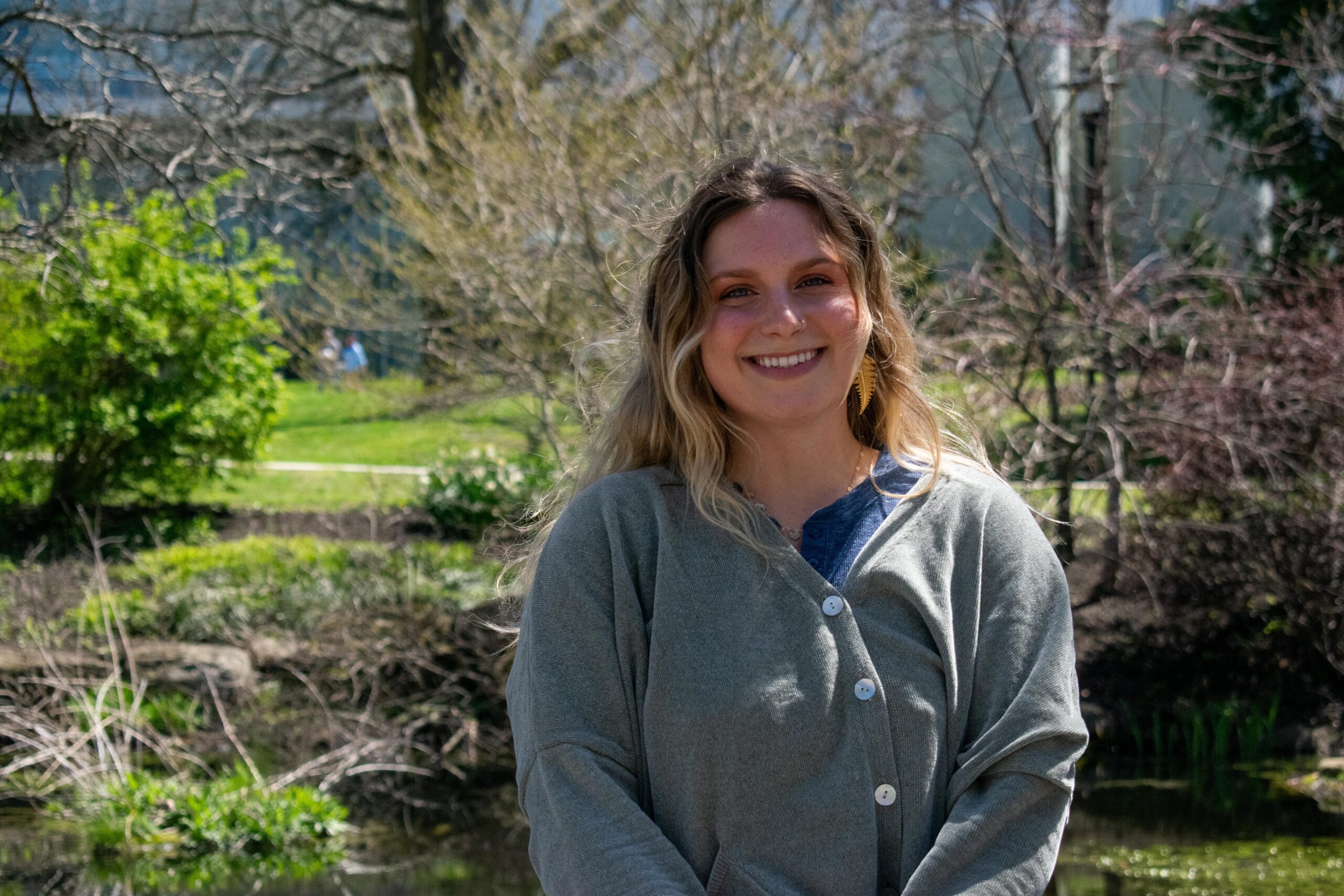Lindsay Agvent, a teaching assistant and graduate student at the University of Rhode Island, has been researching Jonah crabs, a species that scientists don’t know a lot about the biology and history of.
Jonah crabs have become an important fishery in Rhode Island because of the decreasing lobster population, Agvent said. Inshore and offshore Jonah crabs are fished as though they are lobster and do not have a species-specific fishery management plan.
Additionally, there are questions regarding whether or not inshore and offshore Jonah crabs should be managed and fished separately or as one population, associate professor of oceanography Kelton McMahon said.
“This question of movement between the inshore and offshore fisheries is a really important one for developing a healthy, sustainable fishery,” McMahon said.
To determine this, she has been focusing on a process called stable isotope analysis, according to Agvent. She uses two different tissues from the Jonah crabs that are reflective of the isotopes at different points in a crab’s life.
By analyzing the two different tissues, Agvent can see where the crabs were at one point in their lives and determine if they have moved based on the isotopic value that is in the tissue.
“A way that I like to think of it is just as they’re moving they’re kind of picking up these chemical signals that act as an address,” Agvent said. “They’re recording that address in their tissues and kind of making their own little address book within their bodies.”
Agvent’s preliminary results have shown that there was very little movement between inshore and offshore with the Jonah crabs.
“I think that one of the good parts of science is that finding results whether they’re positive or negative is still results,” Agvent said. “I am very confident that the findings that I make during my research will definitely go into helping to create a species-specific management plan for the Jonah crab.”
On July 8, Agvent will defend her thesis. Following finishing her master’s in oceanography, she wants to continue working with conservation, understanding fisheries and using stable isotopes.
This project that Agvent has been doing alongside McMahon has helped her to strengthen her skill of using stable isotopes.
“It’s an exciting opportunity to work with her more closely,” McMahon said. “ She came into the project really open-minded, she sort of just learned about some of the techniques and at the time didn’t have a lot of the modeling background and she really embraced that challenge.”
The research Agvent is doing through this fellowship has a lot of real-world value for Jonah crabs and Rhode Island fisheries, McMahon said.
Looking forward, Agvent will be able to pull together her skills and connections to gain access to many opportunities and has a bright future ahead, McMahon said.
With this research, both Agvent and McMahon hope she will be a key part of developing more sustainable management practices for the fishing of Jonah crabs in Rhode Island.





